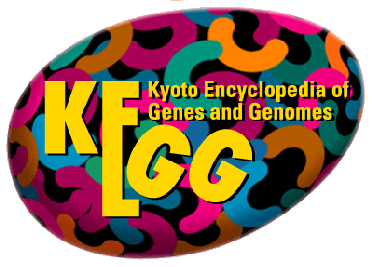Sun J, McCaughan GW, Gallagher ND, Sheil AG, Bishop GA
Liver transplants in rodents or pigs are often spontaneously accepted across a complete MHC mismatch. They induce tolerance to grafts of other organs or skin of liver donor strain and can even suppress ongoing rejection of heart grafts. It has not been established whether liver-induced tolerance is due to components of the liver or to passenger leukocytes within the liver. We depleted populations of passenger leukocytes from the transplanted liver by irradiation of the donor with 10 Gy, followed after 7 days by transplantation of the liver. Recipients of livers from irradiated donors had a median survival of 16 days compared with > 100 days for recipients of livers from normal donors. Examination of recipients of irradiated donor livers showed that allograft rejection was the cause of death. Syngeneic transplants of irradiated PVG donor to PVG recipient or of irradiated DA donor to DA recipient survived indefinitely. Parking of livers from irradiated PVG donors in normal PVG animals for 36 hr reconstituted tolerance when the livers were retransplanted to DA recipients. Livers from irradiated donors had greatly reduced passenger leukocyte numbers compared with normal or parked livers, with virtually complete loss of lymphocytes. These results show that spontaneous liver allograft acceptance is associated with populations of passenger leukocytes that are depleted by donor irradiation.
15/08/1995
7645034
Transplantation (
IF: 4.546 /
Quartile: 1)
WOS Cites: 144
SemanticScholar Cites: 176
SemanticScholar Citation Velocity: 0
SemanticScholar Influential Citation Count: 0






